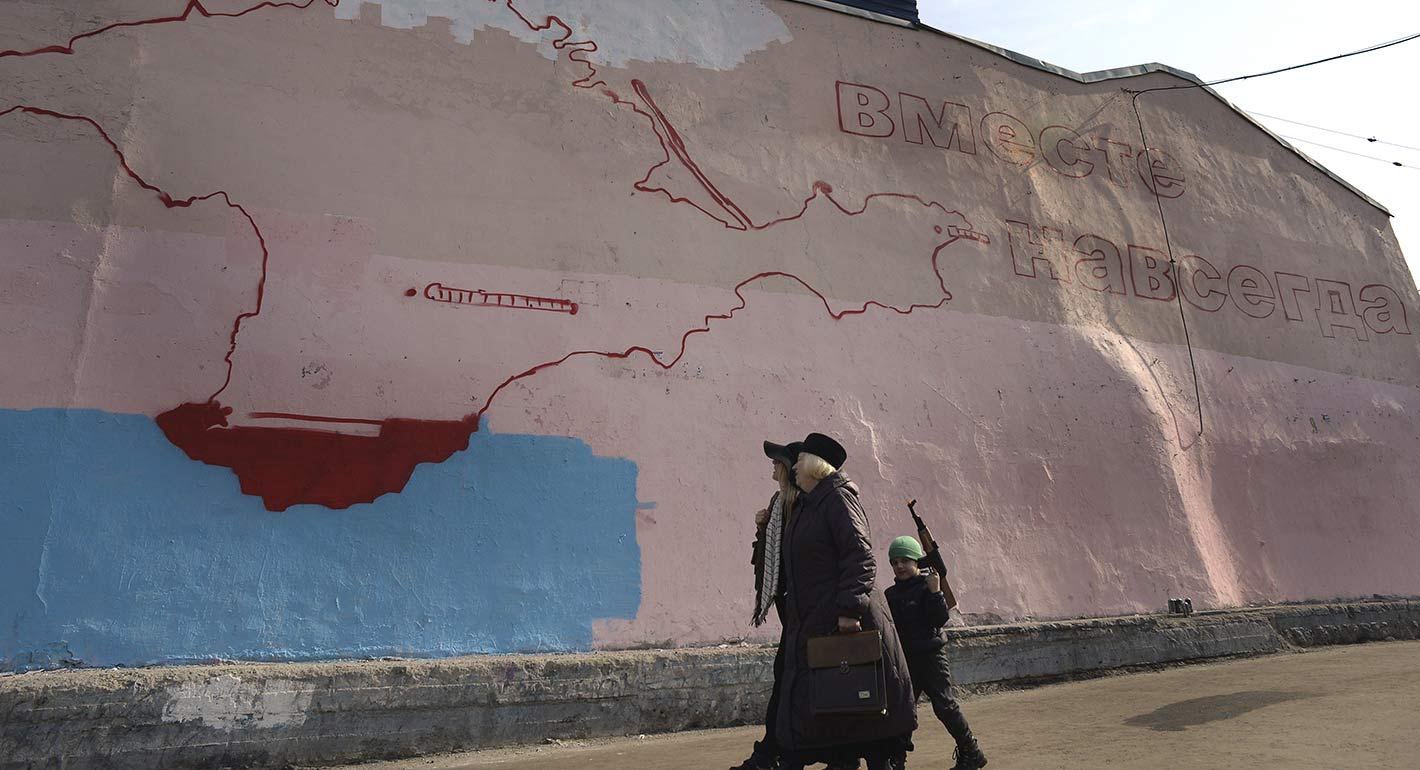Source: RAND
Any future effort to revise the regional order in post-Soviet Europe and Eurasia must address the region’s protracted conflicts. For the states affected by them, the conflicts represent their most significant security concern and a core component of their domestic politics. For the region as a whole, the conflicts restrict trade, increase social hardships, weaken governance, heighten tensions, and limit people-to-people ties. At the international level, the disputes surrounding the status of conflict zones and the presence of third parties there frequently lead to deadlock in multilateral talks. Many Western states view a change in the dynamics surrounding the conflicts—and specifically Russian behavior—as a prerequisite to engagement in a broader discussion on the regional order. Russian officials, in turn, have argued that Western approaches to the conflicts must be transformed to achieve regional stability.
A revised regional order must therefore deliver concrete progress on the conflicts. It will be impossible to address the other disputes over the security architecture and economic integration without parallel steps on the conflicts.
This chapter proposes an interlinked framework to address the conflicts: Relevant parties involved would agree to implement a series of steps to improve the lives of the people affected by the conflicts and reduce tensions on the ground, while simultaneously making a renewed commitment to pursue a settlement that is supported by all parties. Such a framework would entail concrete steps toward alleviating the consequences of the conflicts, while providing affected states enhanced confidence that multilateral negotiation formats will operate with renewed purpose. Such a framework cannot guarantee results, but the trade-off is clear: In return for facilitating a normalization of the situation on the ground, conflict-affected states would receive a strong political commitment from relevant parties (e.g., the United States, Russia, the European Union [EU] and its key member states, and the Organization for Security and Co-operation in Europe [OSCE]) to reinvigorate efforts to reach a mutually agreed settlement....
